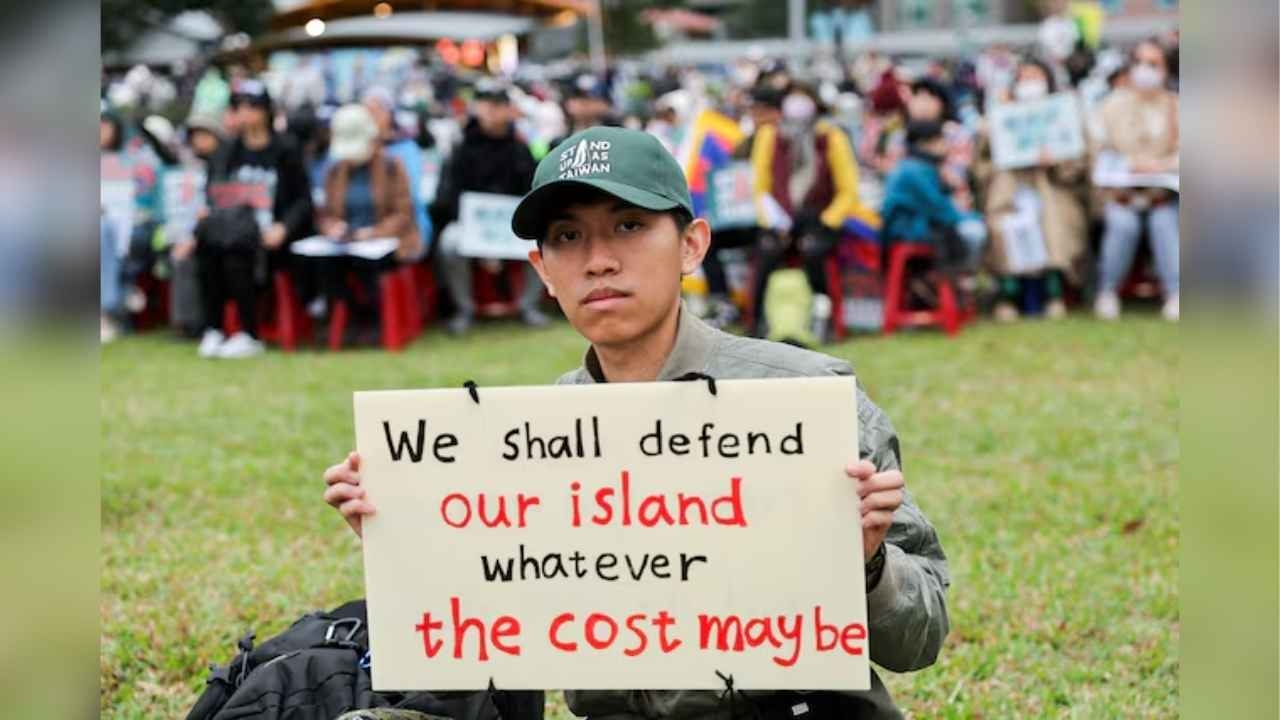Communist China's extraterritorial overreach is a threat to global sovereignty
Last year, Beijing introduced guidelines targeting "diehard" Taiwan independence activists, prescribing severe punishments, including the death penalty, despite lacking jurisdiction over Taiwan.
Total Views |

RAIPUR, March 8 (The Narrative World): In a troubling display of authoritarian overreach, China has extended its punitive measures against advocates of Taiwan's independence beyond its borders, threatening the sovereignty of nations and the safety of individuals worldwide. This aggressive stance not only undermines international law but also exposes Xi Jinping's blatant disregard for the principles of national sovereignty and individual freedoms.
Communist China's extraterritorial ambitions
China's recent actions signify a disturbing trend of extraterritorial enforcement of its domestic laws. Last year, Beijing introduced guidelines targeting "diehard" Taiwan independence activists, prescribing severe punishments, including the death penalty, despite lacking jurisdiction over Taiwan. More alarmingly, internal communications reveal that Chinese officials have directed state security units to implement these draconian measures in countries with close ties to China, such as Laos and Cambodia.
This strategy poses significant risks to Taiwanese citizens abroad. There are concerns that individuals in countries friendly to China could face arbitrary detention or interrogation on baseless accusations of supporting Taiwan's independence. Such actions amount to psychological intimidation and a gross violation of personal freedoms.
A pattern of global intimidation
China's extraterritorial ambitions are not confined to Taiwan-related issues. The 2020 Hong Kong National Security Law exemplifies Beijing's intent to assert control beyond its borders. Article 38 of this law claims jurisdiction over offenses committed outside Hong Kong, even by non-residents, effectively subjecting anyone, anywhere, to China's stringent security regulations. This unprecedented move has raised alarms globally, as it threatens free speech and political activism worldwide.
Influence in Southeast Asia
China's influence in Southeast Asia further exemplifies its coercive tactics. In Cambodia, the construction of the Funan Techo Canal by a Chinese state-owned enterprise has raised concerns about Beijing's expanding control over regional infrastructure. While the project aims to enhance transportation between Phnom Penh and Sihanoukville, it also increases Cambodia's dependency on China, potentially compromising its sovereignty.
Global implications
China's actions set a dangerous precedent in international relations. By attempting to enforce its domestic laws globally, Beijing challenges the foundational principles of national sovereignty and non-interference. This overreach threatens the international legal order and poses risks to individuals worldwide, particularly those who oppose or criticize the Chinese government.
Conclusion
China's extraterritorial enforcement of its laws represents a significant threat to global sovereignty and individual freedoms. Nations worldwide must stand united in condemning these actions and uphold the principles of sovereignty, human rights, and the rule of law. Failure to do so could embolden authoritarian regimes like the Communist China to impose their will beyond their borders, undermining the global order and the freedoms we hold dear.


